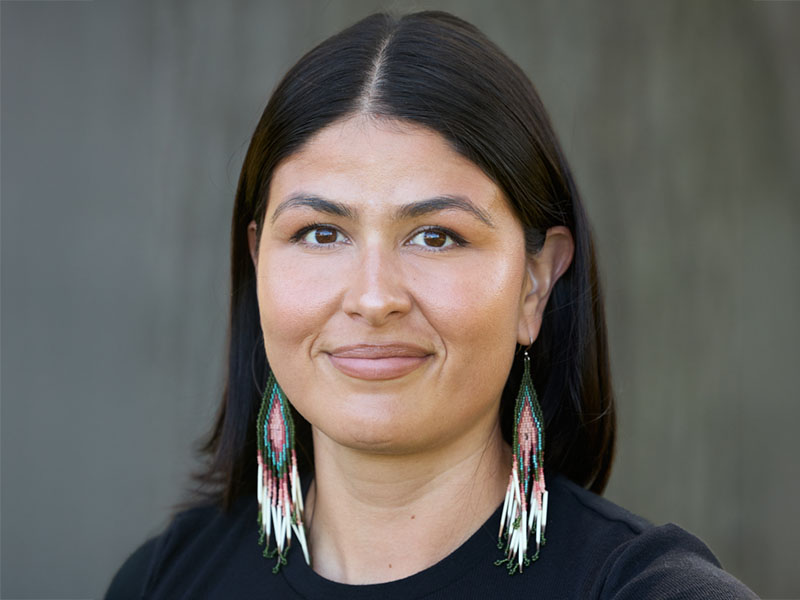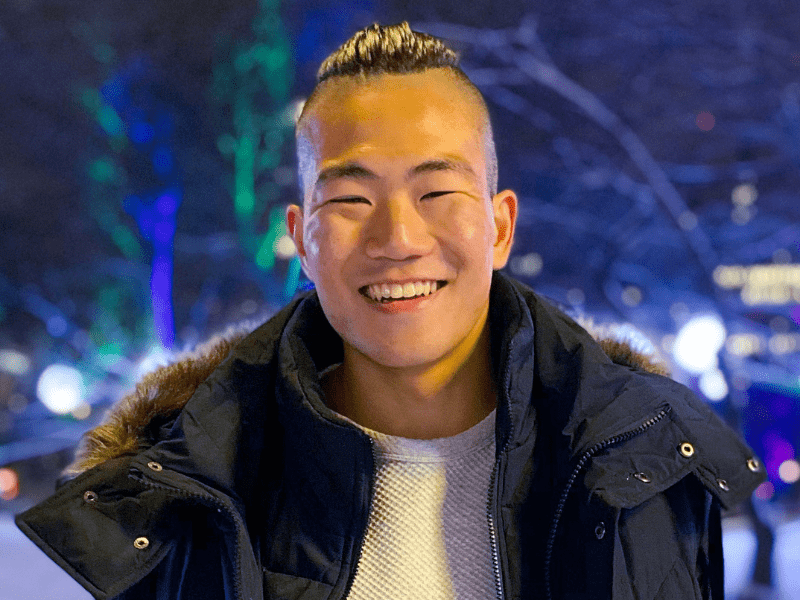Social Justice Pedagogies Program

The Social Justice Pedagogies Program (SJPP) is a cohort-based and in-person program that explores the relationship between teaching and our collective responsibility to build a more just world. Through a robust curriculum that interrogates the structures of oppression that are imposed here on Turtle Island, we will explore how we might better understand, resist and transcend oppression through our responsibilities as educators.
Applications for the 2025/26 program are now open. (google form) Click here to submit an Application Form (external link) .
The intention of this program is twofold: to collectively learn and grow from one another around our shared commitments to social justice, and to build intentional community with educators invested in building a better world.
Participants will develop their own interventions that apply social justice frameworks to their teaching through the lenses of place, power, self, care, responsibility and solidarity. At the culmination of this program, participants will showcase these interventions to the public in a social justice gathering that will celebrate this work alongside guest speakers and community. Please note that this program is designed to enrich participants' existing practices of liberatory teaching, rather than serve as a first introduction to social justice concepts.
By the end of the course, participants will be able to:
- Contribute to a community of support for faculty invested in social justice.
- Advance justice, equity, and liberation through their teaching and learning at TMU.
- Engage in reflective practice and self-location as approaches to teaching and learning development.
This 8-month experience consists of 3 parts:
- Fall 2025: Weekly in-person meetings from September 25 to November 20 to engage in thematic discussions and build community with educators invested in building a more just world. These in-person sessions will involve communal, place-based and Indigenous ways of knowing and will encourage each participant to envision their own social justice teaching intervention.
- Winter 2026: Participants will enact their teaching intervention with virtual program check-ins and support.
- Celebration (May 2026): The program will culminate in a public gathering that will celebrate each participants’ teaching intervention.
This program is open to 8 faculty and contract lecturers and runs from September 2025 to May 2026.
Participants may apply via the (google form) Application Form (external link) , and will be selected based on their demonstrated experience or knowledge of social justice and anti-oppression work, their interest or need for community support and learning, and their commitment to engaging in a community dedicated to social justice and anti-oppression. We aim to bring together a cohort of individuals with diverse lived experiences, interests, and fields who can innovate with each other and are committed to fostering a safe and supportive community.
Participants must also:
- Be actively teaching and/or plan to teach in Winter 2026.
- Attend in-person weekly meetings from September 25, 2025 - November 20, 2025 and attend some virtual meetings from the period of January to May 2026.
- Be willing to present their individual pedagogical interventions at a community gathering in May 2026.
Our guiding pedagogical framework:
Relational learning and building community
Our pedagogy will be explicitly relational and will utilize sitting in circle and whole body learning. Our intention is to incorporate Anishinaabe pedagogies while also building meaningful and intimate community within the program.
Embodied and embedded knowledge transmission
As instructors, we will model embodied forms of knowledge production by inserting our own positionalities and lived experiences in relation to the concepts we are exploring, and encouraging others to do the same. We will also mirror our own methodologies for solidarity within our relationship as instructors, as a framework for this program.
Responsive and shifting curriculum
We will offer this program thematically in a way that is responsive to the lived experiences,wants and needs of the participants, as well as responsive to the current moment. This program will be ever-changing, with insights from previous programs informing changes for future ones.
Place-based methodologies
We will take land and place seriously, and will start with where we stand as an anchor and orientation to our discussions that will traverse global contexts. Part of this work will involve a walking tour together and visiting specific site locations that deepen our learning.
Who we are
Quill Christie-Peters (she/her) is a cis-gendered, able-bodied and racialized Anishinaabe educator and artist. She is the founder and director of the Indigenous Youth Residency Program, an artist residency for Indigenous youth that engages land-based creative practices through Anishinaabe artistic methodologies. She holds a Masters degree in Indigenous governance and sits on the board of directors for Native Women in the Arts. Quill is also a beadwork artist, writer and traditional tattoo practitioner.

Jacky Deng, PhD (he/him) is a cis-gendered, able-bodied, and racialized Chinese-Canadian settler educator and researcher. Jacky holds a PhD in chemistry education research and has led national and international projects focused on improving and studying equity, diversity, and inclusion (EDI) in education and research. He is an Associate Editor for the Canadian Journal for the Scholarship for Teaching and Learning (CJSoTL) and a member of the Canadian Society of Chemistry's Working for Inclusion, Diversity, and Equity (WIDE) Committee. In addition to teaching, learning, and research, Jacky is passionate about Asian Canadian/American activism, basketball, and music.

Contact
You can learn more about the SJPP by contacting the facilitators: Quill Christie-Peters (qchristiepeters@torontomu.ca) and Jacky Deng (jackydeng@torontomu.ca).